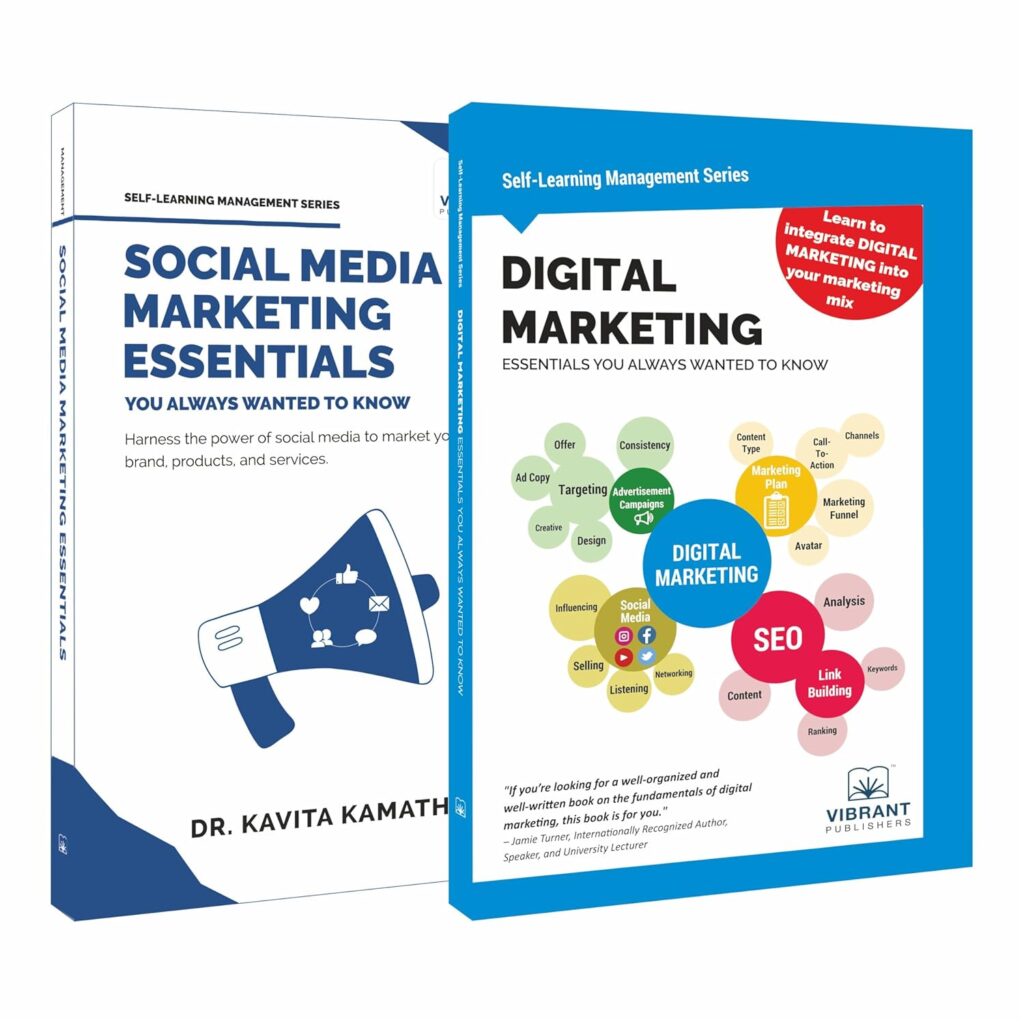Currently, companies and people use digital marketing to advertise brands, goods, and services in the modern world. But specifically, what does digital marketing entail? This article reviews the fundamentals of digital marketing, presents approaches, and shows who requires digital marketing services to navigate today’s web environment.
What is Digital Marketing?
Digital marketing refers to all marketing communication that utilize the internet and electronic devices to deliver the message to the target audiences. It covers different types of media like search engines, social networks, e-mail, web sites, mobile applications to potential buyers. Unlike conventional marketing, digital marketing is informed by data, quantifiable and gives organizations an opportunity to market to specific groups of consumers.
Basics of Digital Marketing
It is important to have a basic knowledge of what digital marketing is and how it works in order to apply it. Here are the core components:
1. Search Engine Optimization (SEO):
SEO is the process by which a site is made more visible to search engines in order to increase its ranking on the list of results provided by a search engine. It involves:
Market research to discover the words your target audience uses.
Meta tags, headings and the structure of the content that is present on a website.
Backlinks and domain authority as part of off page optimization.
Technical SEO to make sure your website is indexed and also fast to load.
2. Content Marketing:
Content marketing refers to the strategy of delivering informative, useful, and interesting content to a target audience in order to drive engagement. These are blogs, videos, infographics, and eBooks.
3. Social Media Marketing (SMM):
This include activities such as branding, and interaction with the clients through such social media as face book, instagram, linked in, and twitter. SMM is used in building your brand and also in getting more traffic to your website.
4. Pay-Per-Click Advertising (PPC):
PPC enables businesses to place their ads on the search engine and social media. The cost is that you are charged each time an individual clicks on the ad. Google Ads and Facebook Ads are famous PPC platforms.
5. Email Marketing:
Email marketing is still one of the most effective techniques to use for leads generation and customer retention. It refers to the process of sending messages, promotions and newsletters to subscribers.
6. Analytics and Data Tracking:
Measurement is therefore critical in tracking the amount of success that you achieve in your campaigns. Google Analytics and SEMrush are two tools that give information about traffic, conversion rates, and audience.
What is a Digital Marketing Strategy?
Digital marketing strategy is a comprehensive plan that defines how a business will realize its marketing objectives through the use of the internet. It involves:
1. Defining Goals:
One of the most important tasks is to define measurable goals like enhancing website traffic, lead or sales.
2. Identifying Your Target Audience:
Demographic, preference, and pain point analysis will help you understand your ideal customers.
3. Choosing the Right Channels:
Choose the platforms that your audience prefers and how they behave.
4. Creating High-Quality Content:
Create material that is valuable to the target group and at the same time, is SEO-friendly.
5. Monitoring and Adjusting:
Employ metrics to analyze the effectiveness of the campaigns and modify them if need be to get better results.
Which Business Needs Digital Marketing Services?
Digital marketing services are crucial for all kinds of companies and organizations. Here’s who can benefit:
1. Small Businesses:
The use of digital marketing helps small business companies to compete with the large companies since they are able to market their products and services to the local customers making them develop brand recognition.
2. E-commerce Brands:
Retail websites require traffic, and with digital marketing, they are able to get more customers, and fewer people abandoning their carts.
3. Service Providers:
Marketing your services online whether you are a consultant, lawyer, or healthcare provider puts you in front of potential clients and sells your expertise.
4. Large Enterprises:
Large companies employ digital marketing to sustain their market position, introduce new products, and go international.
5. Non-Profits:
Non-profit organisations use digital marketing to educate the public, build public support, and publicise campaigns.
Conclusion
Digital marketing is an essential strategy in any organization that has set its sight on operating in the digital economy. In this case, you should be able to learn the basic elements and be consistent with your strategies in order to meet your marketing objectives, reach out to your audience and experience growth. For any business entity whether a start up or a marketer, or an established large business, outsourcing your digital marketing services is beneficial in the sense that it will put you ahead of your competitors and get the most out of your online marketing.
Begin now and see the wonders of how digital marketing can change the way your business interacts with your target market!



